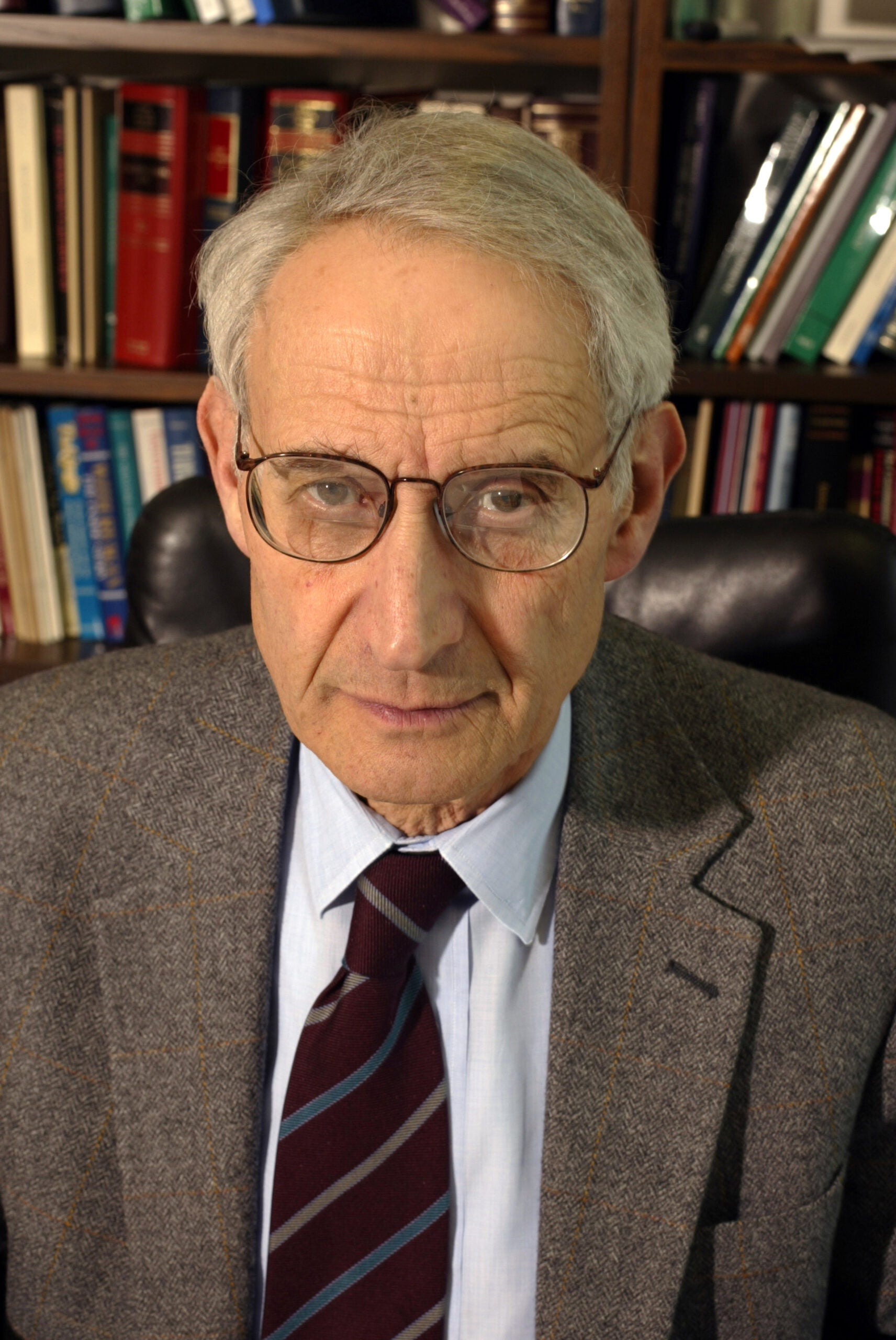Harvard Law School Professor Charles Fried will serve as one of two Republican co-chairs of a new bi-partisan ABA Administrative Law Section task force examining possible improvements to lobbying regulation. The task force will look at deficiencies in current rules governing lobbying and suggest ways to strengthen the rules.
Since taking office, the Obama administration has faced difficult battles with lobbying groups over financial regulation, health care, and climate change issues, and in response, has put in place new regulations that severely limit lobbying activities. Fried argues that those regulations are too broad.
“Responding to the general climate of opinion which despises lobbyists and Congress to almost equal degrees, seeing them as a system that frustrates rather helps good government, the Obama administration issued regulations severely limiting the access members of the administration would give to registered lobbyists,” said Fried.
“This was rather more of a sledge hammer than a scalpel, but it got people’s attention. It certainly failed to distinguish the work of lobbyists as public policy advocates for their clients informing legislators about complex issues they may not fully understand from the work of political fixers the force of whose ‘advocacy’ was implicitly or explicitly backed by the power of campaign cash. The task force will explore this subject and make appropriate recommendations.”
Also serving on the four-person task force are two Democratic members, including Joseph Sandler ’78, an expert in government ethics and lobbying rules. Sandler, a former Democratic National Committee general counsel, practices law at Sandler, Reiff & Young in Washington, D.C.
The task force’s current goal is to have a report ready in 2010, which could be acted on by the full ABA. Members of the bar may be asked to vote on whether to make the task force recommendations official ABA policy, a possible precursor to further changes in lobbying rules by Congress or the administration.
The task force was announced at an October 22 ABA conference, where Fried spoke on a panel about lobbying regulation. During the discussion, Fried argued that lawyers or other policy experts ought to be allowed to make their case to the government—a practice which has been restricted under the new regulations.
“It’s obviously the money” influencing government decisions, that is the real problem, Fried said. “It’s obviously campaign contributions. The big thing to do is take the money out of it.”
Despite his criticism of Obama’s restrictions on lobbyists, Fried said that he understood the symbolic public appeal of rules to limit their activities. Lobbyists “are very unpopular” because they represent an obstacle to what people view as honest government, he said. People are angry that lobbyists appear to have the power to block reforms in the financial industry or health insurance.
Fried, a Republican who served as U.S. solicitor general in President Reagan’s Justice Department in the 1980s, made headlines in the fall of 2008 by announcing his support for Obama’s election.
